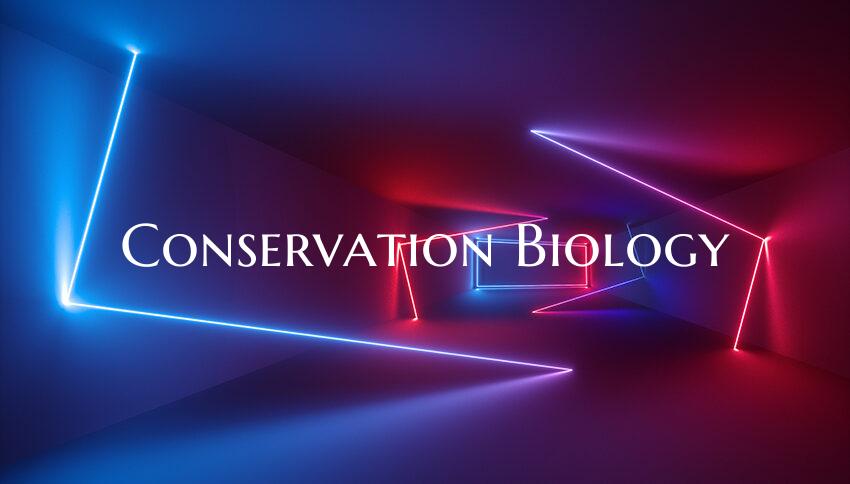Conservation Biology
Conservation biology plays a vital role in safeguarding our planet's rich biodiversity and ensuring the well-being of current and future generations. With the increasing threats posed by human activities such as deforestation, habitat destruction, pollution, and climate change, the need for robust conservation strategies has never been more urgent.
One of the core goals of conservation biology is to understand the complexities of ecosystems and the species that inhabit them. By studying the interactions between different species and their environment, conservation biologists can identify key species that are critical for ecosystem balance and overall biodiversity. This knowledge allows experts to develop targeted conservation plans that focus on protecting these important species and their habitats.
Effective conservation biology also requires collaboration between scientists, policymakers, conservation organizations, and local communities. By working together, stakeholders can implement conservation initiatives that are scientifically sound, socially acceptable, and economically feasible. Community engagement is particularly crucial in conservation efforts, as local support and involvement are essential for the long-term success of conservation projects.
Conservation biology provides valuable insights into the impacts of human activities on biodiversity and ecosystems. Through research and monitoring, conservation biologists can assess the health of natural systems, track changes in species populations, and identify emerging threats. This information enables decision-makers to develop evidence-based policies and management measures to address conservation challenges effectively.
In addition to protecting species and ecosystems, conservation biology also contributes to human well-being. Biodiverse ecosystems provide essential ecosystem services such as clean water, air purification, climate regulation, and pollination, which are vital for human survival and quality of life. By conserving biodiversity, we are not only preserving the natural world but also securing a sustainable future for ourselves and future generations.
In conclusion, conservation biology plays a crucial role in preserving biodiversity and ensuring the integrity of ecosystems. By combining scientific research, community engagement, and effective management strategies, we can work together to protect our planet's precious natural heritage for generations to come. It is essential that we continue to support and invest in conservation efforts to address the urgent challenges facing our planet and create a more sustainable and resilient future for all.

